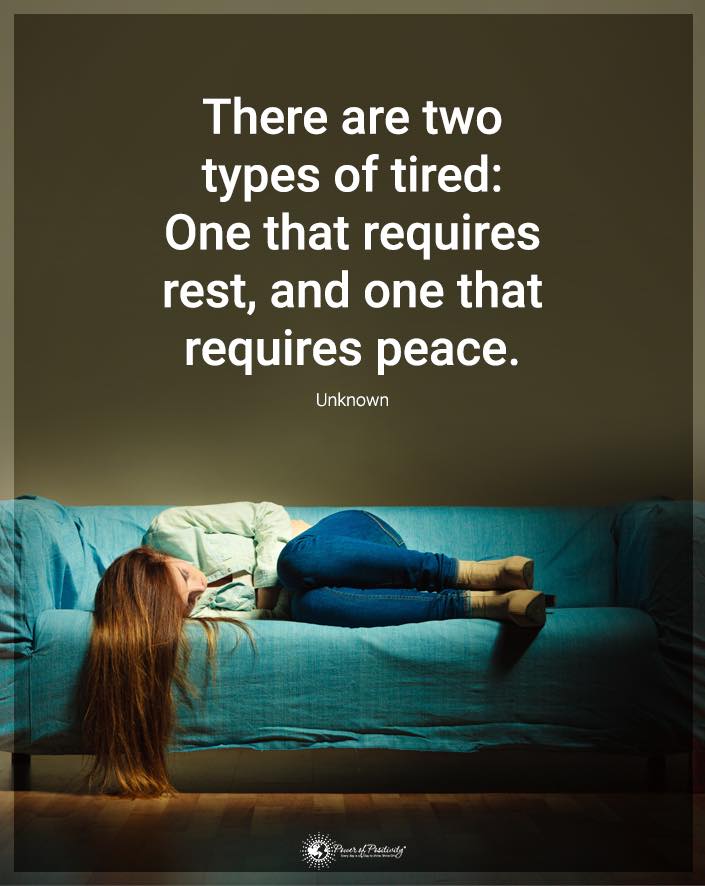There’s a good chance you know someone who experiences anxious thoughts. Many people have an anxiety disorder, and it’s helpful to know the things you should and shouldn’t say to them.
When someone you love or care for is anxious, you likely want to support and help them. However, saying the wrong thing can backfire and worsen the situation. Some things you say with good intentions can be unhelpful to something experiencing mental health issues.
It might be hard to understand why someone can’t calm down when you don’t experience the disorder yourself. However, learning to communicate with an anxious person can help you relate and offer support. Saying the wrong thing can cause the person to feel alienated or irritated, exacerbating the situation.
Learning what you should and shouldn’t say to an anxious person makes a difference. It allows you to communicate with others without upsetting them, letting them know they have your support.
Why People Get Anxious
Anxiety occurs for everyone in a fearful situation. For those without an anxiety disorder, the anxious feelings ease when the threat is no longer present. However, those with an anxiety disorder stay on high alert even without an active threat.
Anxious people are in a state of high alertness, making them feel on edge in typical daily situations. Different things trigger this feeling depending on the person, but the anxious state is detrimental no matter the cause. Sometimes they experience anxious feelings for seemingly no reason, making it hard to overcome.
Sixteen Things Not to Say to an Anxious Person
When you know an anxious person, you likely want to help them. However, it’s essential to know what to avoid saying, so you don’t make them feel worse.
1 – You have a great life and shouldn’t be anxious.
Telling someone they shouldn’t be anxious because they have a good life isn’t helpful. You don’t know the thoughts that go through their mind or what triggers their negative feelings.
Additionally, you don’t know the hardships someone faces and chooses not to share. You never know what someone is going through, and having a great life doesn’t protect them from mental health issues.
2 – Stop thinking about it.
People wouldn’t think about things that make them fearful if they could help it. It’s not as easy as stopping their thoughts because it often plays on a loop in their mind.
They might also think of the worst-case scenario or experience intrusive memories they can’t forget. Telling them not to think about it won’t magically clear their mind. Their heightened alertness is a defense mechanism that they can’t control.
This statement can make them feel flawed for being unable to think differently. It also invalidates their feelings and implies their thoughts aren’t a big deal.
3 – Can’t you just calm down?
It’s never a good idea to tell someone to calm down, which often worsens the situation for an anxious person. These words won’t help anyone and can be irritating for someone to hear. They’d calm down if they could, so saying this can seem annoying and condescending.
4 – I’ve been through hard times, too.
This statement creates a competition between your feelings and the other person’s. It implies that your situation was worse or more important, diminishing their experience. You can share your experiences at another time rather than when someone is anxious.
When you don’t have a disorder, you also don’t know what it’s like to experience frequent anxious feelings. It’s more than having negative emotions before or during a stressful experience because it happens more frequently and unpredictably.
5 – You worry too much and should let it go.
Anxious people know they worry too much, so this statement won’t help them. They’d stop if it were as easy as this phrase makes it seem. It’s not easy to let the feelings go, and it can be frustrating when people imply that it is.
6 – You’re making a big deal about nothing.
This statement is hurtful because the things people worry about are important to them. While they might realize their thoughts are irrational, it becomes all-consuming. Their distress over the situation is real, and you should avoid saying things that minimize their experience.
7 – What did I do?
When someone is anxious, they might not want to chat with you or have fun. Their mind fills with worrying thoughts, and it’s likely all they can focus on.
Asking about what you did can make them feel guilty, adding to their negative feelings. It also focuses on you when their situation likely has nothing to do with you.
8 – You should try what I did.
Even if you have an anxiety disorder, saving these comments for a better time is best. When someone experiences anxious feelings, the last thing they need or want to hear is what worked for them.
Everyone has different triggers, and the methods that help them might differ from yours. They likely already know what works for them, so you’re not helping them through this moment. Discussing coping methods is more appropriate during calm moments and only if the person asks.
9 – Just take a deep breath.
While deep breathing techniques can ease anxiety, this statement won’t help during a panicked moment. Deep breaths tend to work when anxious feelings begin rather than when the person’s mind is already racing. It’s not always easy for them to shift their breathing pattern when their negative thoughts and anxiety signs are already in full gear.
10 – Other people have it worse than you.
This statement is another one that anxious people often already know, and it doesn’t help. Having a better situation than others doesn’t mean they can’t or won’t experience anxiety.
Saying this can make them feel guilty because they can’t force themselves to be happy. It can also make them feel like you don’t understand them and their struggles.
11 – You’ll be fine if you stop letting it get to you.
This phrase is another one that minimizes someone’s feelings and experiences. Anxiety triggers fear so they might feel like they aren’t okay. They often think of the worst-case scenario, and that thought process means they don’t trust they’ll be okay.
Additionally, you don’t know what they are going through or how their situation will work out. There might be things going on in their life that you don’t know about.
12 – I know going out will make you feel better.
While going to social events might make you feel better, it doesn’t work for everyone. When someone says they don’t want to go somewhere, you shouldn’t pressure them. Pressuring them to do things they said they didn’t want to do might make them feel worse.
13 – Your negative feelings are all in your head.
Feeling anxious about irritational things doesn’t make someone’s emotions any less real. They experience them no matter what, even if you don’t understand. This phrase is dismissive and makes it seem like you don’t care.
14 – I can’t handle this right now.
This statement is not only unhelpful, but it’s also rude. It implies that the person’s anxiety makes you unable to tolerate their presence. They’ll feel alone and like you don’t care.
15 – You’re being dramatic.
Telling an anxious person that they’re dramatic is offensive, even if you say it in a joking way. It’s not funny to them and can make them feel ashamed. They aren’t reacting this way because they want attention, showing that it’s not a dramatic act.
16 – Life is hard for everyone.
While it’s true everyone experiences hardship, it’s different than anxiety. Anxiety leaves people fearful and worried frequently, and they can’t control it. This statement doesn’t offer help and trivializes the person’s problems.
What you Can Do or Say Instead
Now that you know what you shouldn’t say to an anxious person, you can learn what you can do to help. You can consider the following ideas:
- model calm
- talk gently and with an empathetic tone
- slow your breathing to ease your negative feelings
- telling them that you’re here for them
- assure them that you’ll stay
- let them know you’re here to listen
- acknowledge and validate their feelings
- ask them what would be helpful
- tell them that you know they prepared and will do well
- model deep breathing without telling them to do it
- don’t pressure them to socialize
- ask if they want to go for a walk with you
- offer to turn on some music
- find them a quiet place
- imagine how they feel
Final Thoughts on Things you Shouldn’t Say to an Anxious Person
Living with an anxiety disorder isn’t easy, and there are some things you should never say to an anxious person. When you care about someone, you want to support and help them feel better. You might mean well, but some phrases can worsen the situation.
Remember these things you shouldn’t say, and use these tips for what you can do instead. Learning about anxiety can help you communicate with an anxious person, potentially helping them overcome the experience.



















